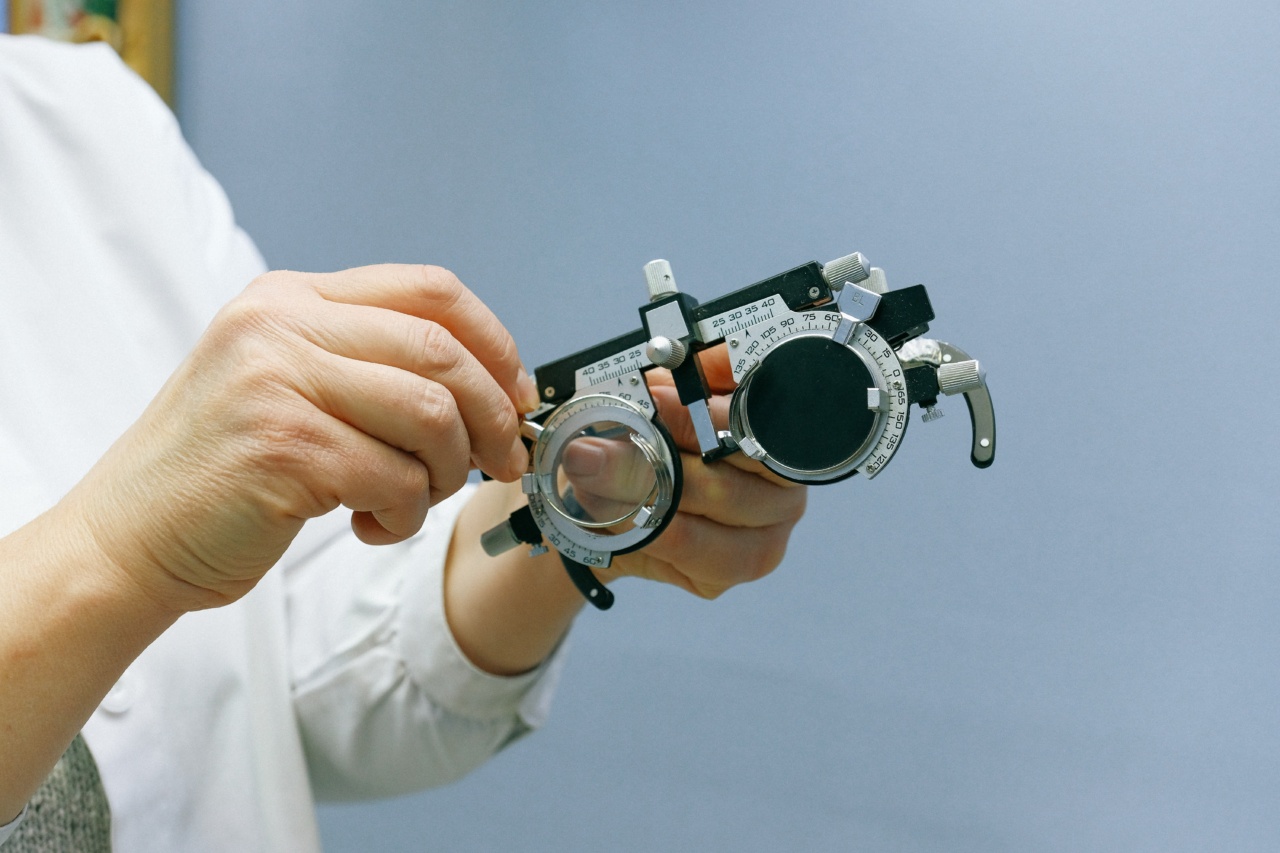Postpartum depression is a mental health condition that occurs in new mothers usually within the first few weeks after giving birth.
The condition can affect up to 15% of mothers and can lead to feelings of sadness, anxiety, and exhaustion, among other symptoms. If you feel like you are not yourself after giving birth, take this test to find out whether you have postpartum depression, and how to seek help.
Signs and Symptoms of Postpartum Depression
Postpartum depression can begin a few days after giving birth, or even weeks or months later. It is essential to recognize the signs and seek professional help if you experience any of the following symptoms:.
Sadness and Hopelessness
You may feel sad, anxious, overwhelmed, or hopeless, experiencing persistent feelings of sadness, hopelessness, and worthlessness. You may feel like you are a bad mother or have difficulty bonding with your baby.
Changes in Appetite and Sleep
You may experience appetite and sleep changes and may find it difficult to fall or stay asleep or rush to eat or not feel hungry.
Loss of Energy
You may become easily fatigued and less interested in your usual hobbies and activities. You may feel drained and exhausted even when doing simple tasks.
Irritability and Anger
You may feel irritable or quick-tempered, have difficulty concentrating, or feel overwhelmed or anxious.
Anxiety and Panic
You may feel nervous, fearful, or experience panic attacks. You may feel concerned about your baby’s safety or worry excessively about daily routines and tasks.
Difficulty Bonding with Your Newborn
You may have difficulty bonding with your newborn, feel disconnected, or have difficulty caring for and showing affection towards your baby.
Getting Help for Postpartum Depression
If you have experienced any of these symptoms for more than two weeks, you may have postpartum depression and should seek professional help immediately.
Talk to your obstetrician, midwife, or primary care physician for a referral to a therapist or psychiatrist with experience in treating postpartum depression. They can prescribe medication and/or refer you to a therapist to help you manage your symptoms.
Postpartum Depression Test
If you think you may be experiencing postpartum depression, take this test to help you gauge the severity of your symptoms and whether you may need to seek professional help.
Instructions
Read each statement carefully and respond with how often you have experienced the symptom in the past week with the following scale:.
- 0: Not at all
- 1: Several days
- 2: More than half the days
- 3: Nearly every day
Add up your responses and see the score below.
- I have felt sad, down, or tearful.
- I have felt anxious, uneasy, or worried.
- I have had difficulty sleeping, even when I have the opportunity to sleep.
- I have felt tired or had little energy most of the time.
- I have felt that I had no interest in things that used to give me pleasure.
- I have had difficulty concentrating or making decisions.
- I have had feelings of worthlessness or guilt.
- I have felt hopeless, like things will never get better or what’s the point in trying.
- I have had thoughts of harming myself.
- My appetite has decreased or increased, and I have gained or lost weight unintentionally.
Results
0-4: You are not experiencing significant postpartum depression symptoms.
5-9: You are experiencing mild postpartum depression symptoms. Consider talking to a health professional about your symptoms to prevent them from getting worse.
10-14: You are experiencing moderate postpartum depression symptoms. Talk to a health professional immediately to get treatment.
15-30: You are experiencing severe postpartum depression symptoms. Seek immediate medical attention.
Conclusion
Postpartum depression is common, but it is treatable with the right medical intervention. If you think you may have this condition, do not hesitate to seek help.
Talk to your doctor about your symptoms and get the treatment you need to be healthy and happy with your newborn.






























